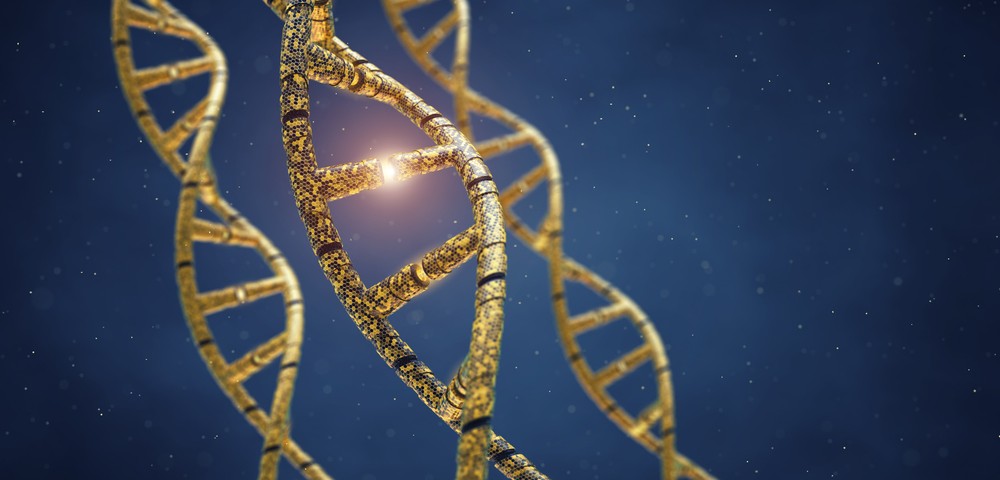Juneau Biosciences has discovered that an “excess” of mutations in a specific gene greatly increase a woman’s risk of developing endometriosis.
Juneau researchers studied the genetic profile of over 5,000 women with endometriosis, and found that the NLPR2 gene had an excessive number of mutations in women with endometriosis compared to the general population. In fact, they reported finding harmful NLPR2 mutations in 1 in every 11 endometriosis patients studied, which increased the risk of developing the disease tenfold. (NLPR2 stands for NACHT, LRR and PYD domains-containing protein 2.)
Expressed in white blood cells, pre-implantation embryos, female reproductive organs, and endometriosis lesions, the NLPR2 protein is known to involved in the innate immune system, although its function in many tissues is not well-understood. Scientists believe the mutations observed in women with endometriosis likely cause failures of proper immune system function, allowing endometrial tissue that grows outside the uterus to go undetected. The NLPR2 gene is an imprinted gene, which means that only one copy of the gene, in this case the one inherited from the mother, is expressed and produces the protein. Previous research has also shown that mutations in this gene have been associated with imprinting and reproductive disorders, and that women with endometriosis are more likely to develop autoimmune diseases.
The company and its researchers are now looking into the genetic and molecular mechanisms behind the mutations, with the aim of designing DNA tests that could predict a woman’s risk of developing endometriosis. According to a Juneau press release, Dr. Kenneth Ward, founder and CEO of Juneau Biosciences, described the discovery as the first “major gene” effect associated with endometriosis.
Dr. Ward presented the findings at the 2015 American Society of Human Genetics meeting held in Baltimore, Maryland.
Women with endometriosis have a significantly lower quality of life (QoL) than the general female population in Sweden, with younger patients reporting higher levels of pain and more diminished life quality, according to a study in the Journal of Women’s Health, titled “Age-Related Differences in Quality of Life in Swedish Women with Endometriosis.”

